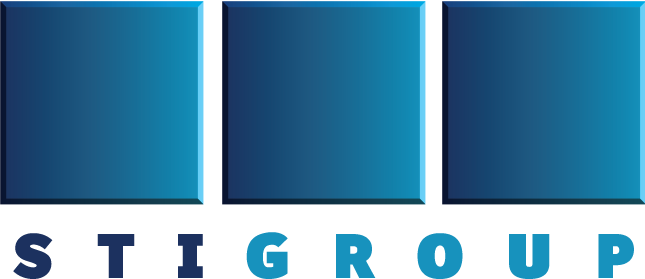One of the key skills that a Project Manager needs to bring to the table – whether the table is virtual or physical – is the ability to facilitate an effective meeting. These easy-to-follow guidelines can be put into practice by anyone today!
1) Invite the right people – An effective meeting starts by ensuring that all the right people are invited. You’ll need the various subject matter experts, the stakeholders and the decision-makers. The important factor to consider is who doesn’t need to be there? Each person you invite adds to the cost of the meeting, so limit invitations to only those absolutely necessary.
2) Encourage attendance by communicating the agenda – People want to know that their time will be well-spent, so communicate the reason for the meeting by writing a crisp, value-driven agenda.
3) Prepare for the meeting – Each morning, take a few minutes to prepare for the day’s meetings. Have all your meeting note templates open. Open any documents you’ll need to share. There’s nothing worse than fumbling (or watching someone else fumble) with the clock ticking.
4) Take attendance – I know, it sounds very grade school, but taking attendance is an important element of every meeting. It is the best way to protect yourself and hold others responsible for their actions. For the decision-maker who later claims not to have been consulted, or the stakeholder who doesn’t remember agreeing with a decision, attendance is your way of confirming whether they were at the meeting in question.
5) Share your screen so that people stay focused – Watching someone type the meeting notes is a good way to keep people focused and to cut down on the multi-tasking during meetings. I find that people often correct me when I misspell a technical term, or make sure I’ve captured all the details in a decision or action item.
6) Type your notes to take complete and accurate notes; share them afterwards – Reducing rework is part of the project manager credo, so taking handwritten notes and typing them up later is a no-no. Type your notes during the meeting and share them with all the invitees right away. That way even those who didn’t attend can’t claim to be uninformed.
7) Capture decisions and action items – Any decisions and action items should be called out in their own sections of the meeting notes. Decisions should include the issue being decided, the options and the selection, with a list of those in agreement. Action items should be captured with an owner and a due date. Open action items should be reviewed at the next meeting occurrence to track completion.
8) For recurring meetings, track by topic – When we meet weekly to discuss issues, I track the topics in a numbered table with all the columns that apply to that type of discussion. When a topic is complete, I move the row to a Completed section on the notes page. This helps keep the conversation focused on the active topics, while retaining historical context for reference purposes.
9) For recurring meetings, periodically review attendees and frequency – Meeting are like weeds. Once they spring up, they are very hard to get rid of. Remember always that “time is money.” Are there attendees that really don’t need to be there? Is the meeting longer than needed? Can the frequency of the meeting be reduced? Try to keep those weeds under control by practicing good meeting governance.
10) Keep the conversation on point – As the facilitator, your role is to control the conversation – to ensure that everyone (even the quiet people) get a chance to have their opinion heard. It is also important make sure that the meeting doesn’t go down any rabbit holes. If a topic outside the scope of the meeting comes up, ask that they take it off line and set up a separate meeting.
